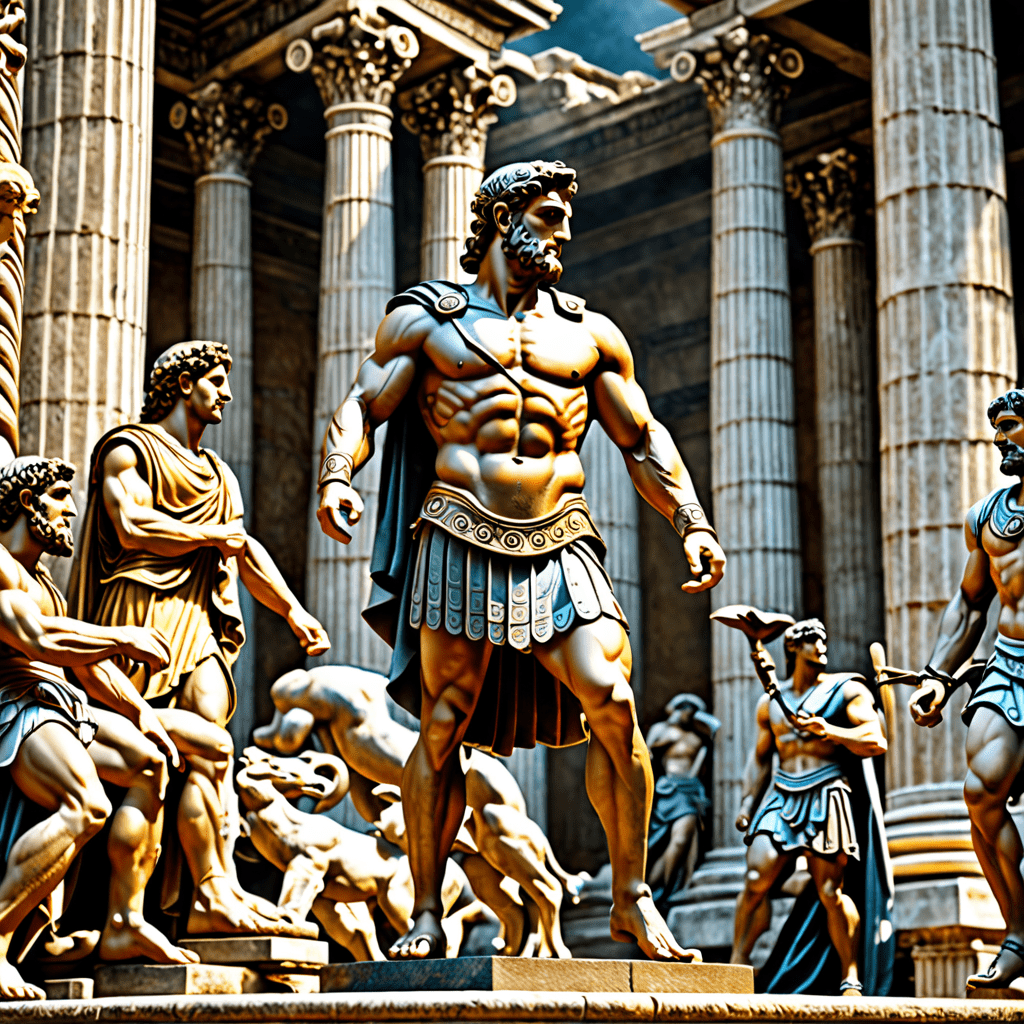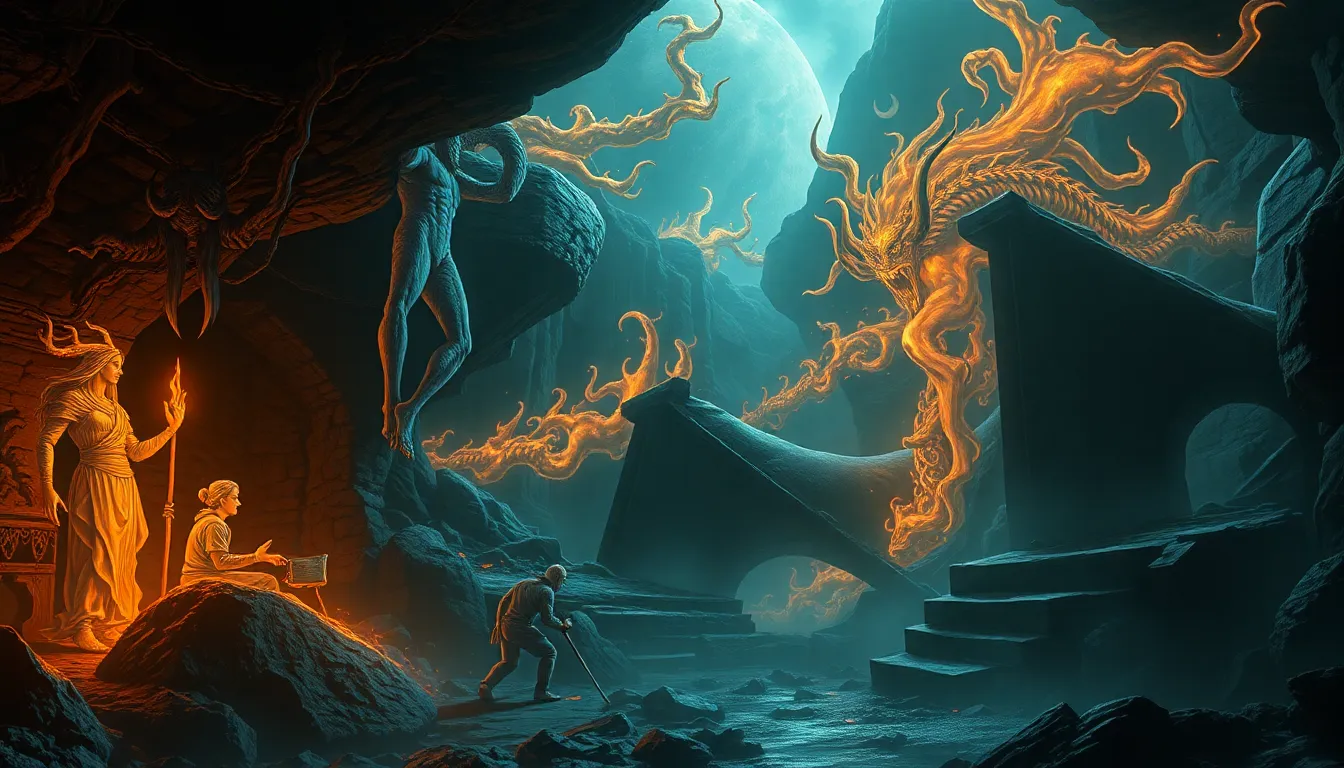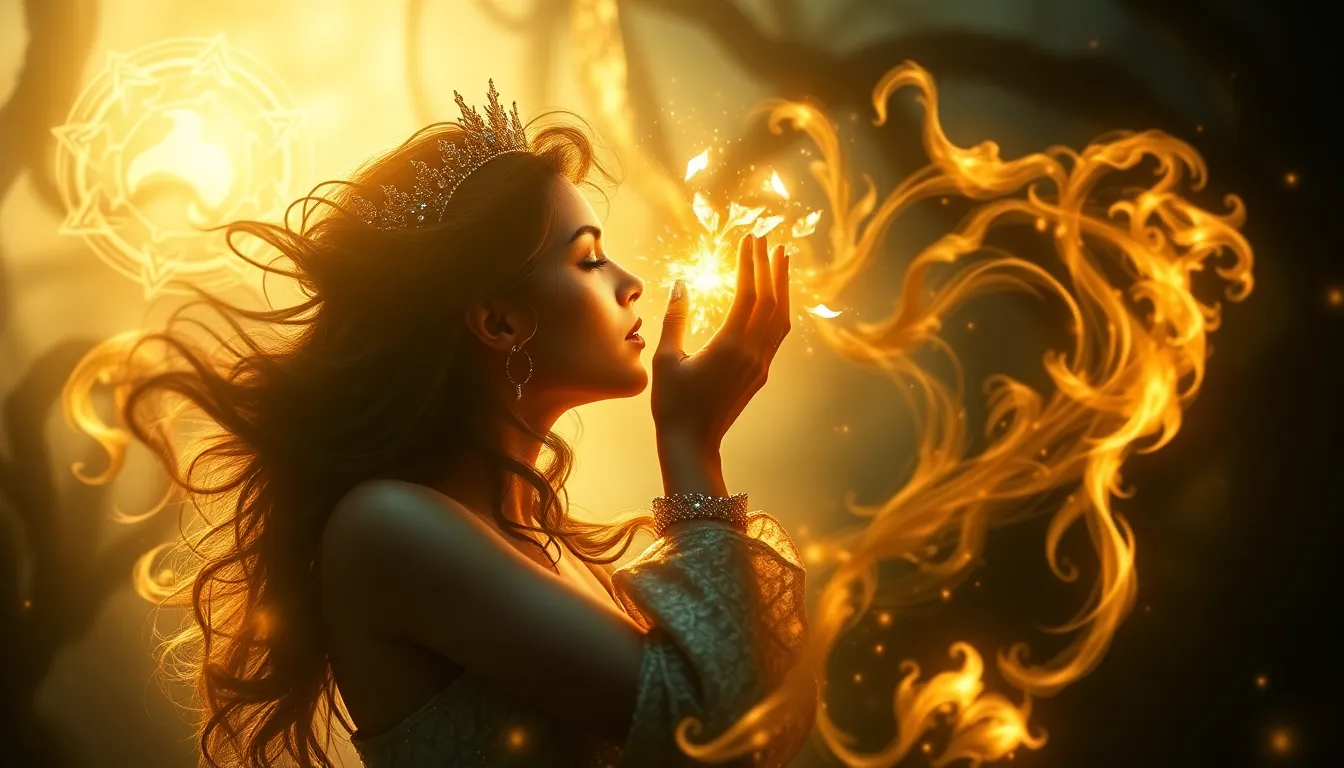The Evolution of Roman Mythology Over Time
1. Origins of Roman Mythology
Roman mythology has a rich and complex history that dates back to ancient times. Initially influenced by Greek mythology, the Romans adapted and incorporated beliefs from neighboring cultures, such as Etruscan and Sabine, into their own mythological framework. The Roman pantheon consisted of numerous gods and goddesses, each associated with specific aspects of life and nature, reflecting the values and characteristics of Roman society.
2. Transition and Assimilation
As Rome expanded its influence through conquests, its mythology underwent transitions and assimilations. The Romans often identified their gods with equivalent deities from other cultures, a process known as syncretism. For example, Jupiter was equated with Zeus, while Venus became linked with Aphrodite. This blending of mythological beliefs resulted in a diverse and inclusive pantheon that reflected the multicultural nature of the Roman Empire.
3. Influence of Literature and Art
Throughout history, Roman mythology was a prominent theme in literature and art. Works such as Virgil’s “Aeneid” and Ovid’s “Metamorphoses” played a vital role in shaping and preserving Roman myths for future generations. Additionally, Roman mythology was depicted in various art forms, from intricate frescoes in Pompeii to detailed sculptures in the Forum Romanum. These artistic expressions provided insights into the religious and cultural significance of Roman mythology.
4. Legacy and Modern Interpretations
Despite the decline of the Roman Empire, its mythology continued to influence Western culture. Many Roman myths were adapted and incorporated into Renaissance art, literature, and architecture, leaving a lasting imprint on European artistic traditions. In the modern era, Roman mythology remains a source of inspiration for works of fiction, movies, and popular culture, demonstrating the enduring appeal and relevance of these ancient tales.
FAQ about the Evolution of Roman Mythology Over Time
What is Roman mythology?
Roman mythology refers to the collection of beliefs, stories, and rituals practiced by the ancient Romans. It includes the gods, goddesses, heroes, and mythical creatures that were central to Roman culture.
How did Roman mythology evolve over time?
Roman mythology evolved from its early influences from Greek mythology to develop its own unique deities and narratives. Over centuries, the Romans integrated elements from Etruscan, Latin, and other cultures, reshaping their religious beliefs.
What were the major gods and goddesses in Roman mythology?
Some of the major gods and goddesses in Roman mythology were Jupiter (Zeus), Juno (Hera), Neptune (Poseidon), Mars (Ares), Venus (Aphrodite), and Mercury (Hermes). These deities played crucial roles in Roman religious practices and societal norms.
How did the introduction of Christianity impact Roman mythology?
The rise of Christianity in the Roman Empire led to the decline of traditional Roman mythology. As Christianity became the dominant religion, many Roman myths were gradually replaced or adapted to fit the new religious framework.


